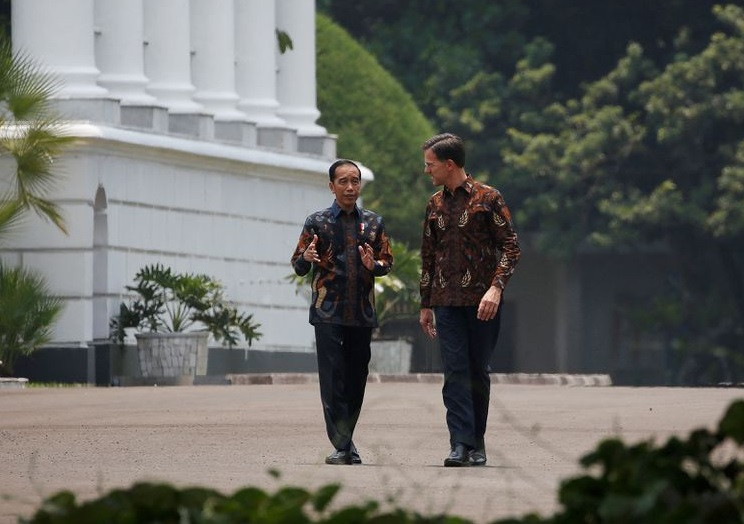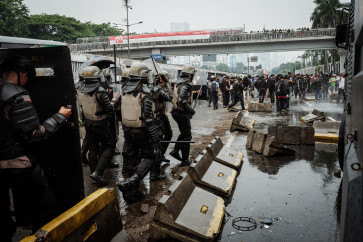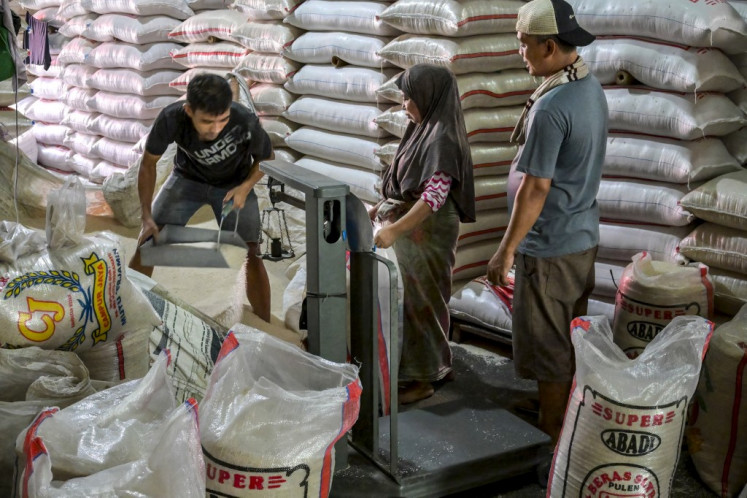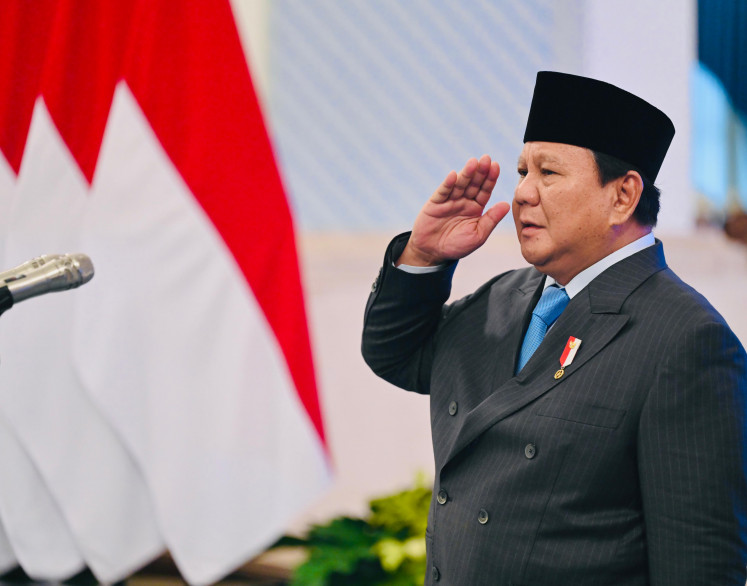Popular Reads
Top Results
Can't find what you're looking for?
View all search resultsPopular Reads
Top Results
Can't find what you're looking for?
View all search resultsColonizers force colonies to pay dearly for independence
The Dutch required Indonesia to pay all the debts of Dutch East Indies including the costs of the two Dutch military actions after Indonesia declared independence.
Change text size
Gift Premium Articles
to Anyone
-cd
By Soe Tjen Marching
London
Indonesia celebrated its 77th anniversary of independence on Aug. 17, a few weeks ago. Yet, in the Netherlands, the schoolbooks say the formal Indonesian independence came on Dec. 27, 1949. That the Netherlands acknowledges a different date has huge financial benefit for the country that colonized Indonesia for hundreds of years.
After Sukarno proclaimed Indonesian independence in 1945, the Dutch colonial government was adamant and returned to reclaim Indonesia with the military operation known as “Operation Product” which took place from July 21-Aug. 5, 1947.
However, this operation failed. The Dutch still refused to give up and came back with a second attack in December 1948. On Dec. 24 that year the United Nations Security Council demanded an end to hostilities and finally both the Netherlands and Indonesia agreed to meet in the Hague for the Roundtable Conference.
Held from Aug. 23 to Nov. 2, 1949, the conference discussed the sovereignty of Indonesia, while the Netherlands was reluctant to lose a rich country that had been one of their sources for spices and natural resources and helped them construct luxurious government buildings in the Netherlands.
The idea of the Dutch-Indonesian Union with the Dutch Queen as the Crown of the Union was expressed. However, the Indonesian delegation, which was led by Mohammad Hatta and Mohammad Roem, insisted on sovereignty and nothing less. For this reason, the Dutch required Indonesia to pay all the debts of Dutch East Indies including the costs of the two Dutch military actions after Indonesia declared independence, because the Dutch claimed that they were carried out to “restore peace and order” in Indonesia.
After over two months and with the pressure from the United States member of the UN Commission on Indonesia, Indonesia had to agree to pay the Netherlands 4.5 million gulden (about US$2.045 million) -- a very expensive price to pay for the young nation’s independence.
Indonesia was not the only country that had to bear the burdens of debts to gain sovereignty. At least 14 countries in Africa were forced by France to pay colonial tax -- for the benefit of what? Of slavery and colonization in these African nations, which in the eye of the colonizer are usually translated as civilization and order?
Haiti (then St Domingue), for instance, was the most lucrative colony for France as the planters enslaved the people to produce sugar, coffee and other crops. When the country
declared independence from France in 1804, the French government was furious and demanded that they paid 150 million francs (about US$22.9 million) to compensate former slave owners for the loss of what was deemed as their property, estimated as much as eight times the European country’s GDP in 2020.
By 1883, Haiti paid about 90 million francs to France and ironically to finance that payment, Haiti had to borrow from a French bank. With interest and fee added by the Bank, Haiti fell into deeper and deeper debt -- and they still have to pay France.
When Guinea, led by the freedom fighter Sékou Touré, demanded to be independent from France in 1958, the French colonial elite destroyed many things in Guinea: schools, hospitals, nurseries, public buildings and ripped out office telephones. They even killed many cattle, to send a message that the consequences for disobeying France were tremendous.
However, Touré refused to give in, as he famously said: “We prefer freedom in poverty to opulence in slavery”. Thus, Guinea is independent but remains “poor”.
It is no wonder that during the recent pandemic, many of these postcolonial countries were struggling and many were unable to cope. The payments to the former colonizers not only denied the postcolonial countries critically needed resources, they also helped build up the former colonizers to be more powerful.
Leaders who refused to cooperate with their former colonizers as well as the West were usually murdered or replaced by making them victims of coups. This was also one of the reasons that Sukarno was ousted and replaced by Soeharto, who was more “obedient” to the West.
On Feb. 23, 2005, the French Parliament adopted a law requiring textbooks to recognize the positive side of colonialism, notably in North Africa, such as investment in education and infrastructure. Just as well this law was repealed in 2006 after thousands of writers and intellectuals signed a petition criticizing it. Nevertheless, recently, attempts to legitimate the positive side of colonialism have been growing again in France.
How about the Netherlands? Recently, apologies have been expressed by Prime Minister Mark Rutte. However, I believe this is far from sufficient. Indonesia is still treated as a “third-world country”: one example is the difficulty of Indonesians in getting visas to enter the Netherlands even as tourists.
The former colonizers must not only annul the debts but also pay back what they have taken from their former colonized countries: The abuses, the extortions, the slavery and the destructions.
***
The writer is a lecturer in Languages, Cultures and Linguistics at SOAS University of London.










